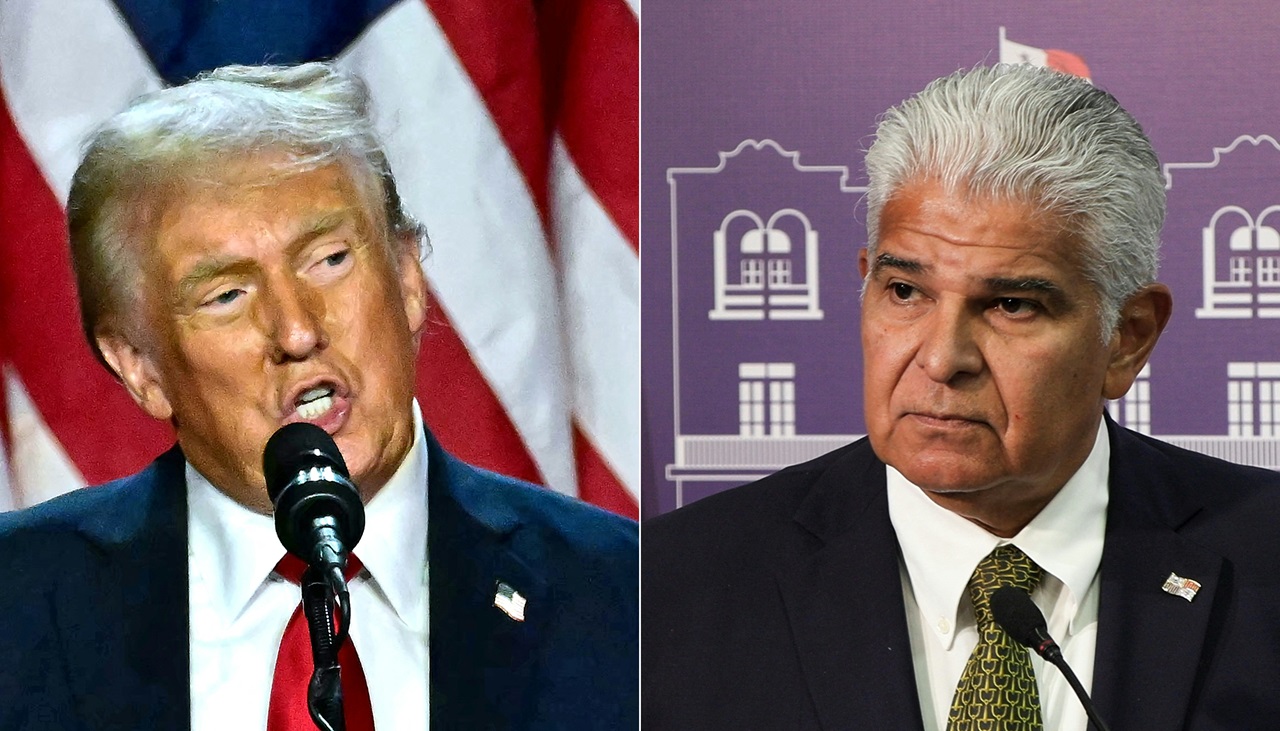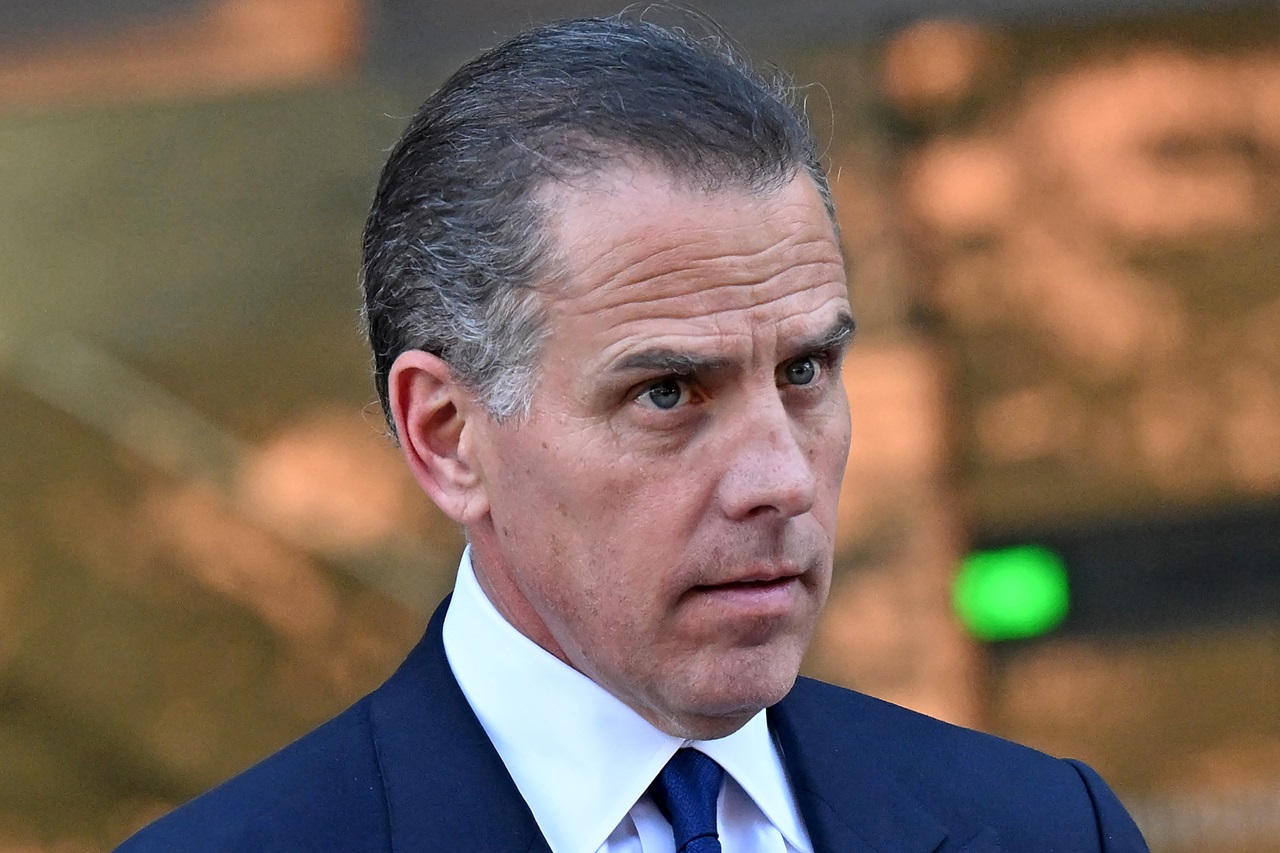
The Respect for Marriage Act reaches an almost minimum consensus in the U.S. Senate
Twelve Republican votes enabled the bill’s safe passage through the Senate onto the House.
Ten.
That was the minimum vote threshold required for the Respect for Marriage Act, introduced in July 2022, to voyage safely through the Senate with some bipartisan negotiation and into the House for its final vote in Congress.
Twelve of the 10 minimum votes were secured in the U.S. Senate in a final 62-37 resolution, surpassing the required 60 votes to break a majority and advance the bill to the House and solidify limited federal protections for Gay and Interracial marriages.
H.R.8404, famously known as the Respect for Marriage Act, received support from both sides of the congressional aisle in July by a Democrat-controlled House, with 47 Republicans backing the bill’s text.
When it reaches the House this time, it will be steps away from the POTUS’s signature.
The bill hit a snag in November when a number of Senators — including Democratic Sens. Tammy Baldwin of Wisconsin and Kyrsten Sinema of Arizona, as well as Republican Sens. Susan Collins of Maine, Rob Portman of Ohio, and Thom Tillis of North Carolina — expressed concerns over religious liberty infringement.
Sen. Sinema, long known in Congress chambers as an unwavering moderate, often at the expense of the progressive policy, was a leading legislator in getting the bill and some of it's provisions, through bipartisan lines.
A joint statement released in mid-November explained their reasoning, as the dissenting Senators hoped “to develop an amendment to the House-passed bill to confirm that the bill will not lead to the recognition of polygamous unions and has no negative impact on religious liberty and conscience protections.”
"We look forward to this legislation coming to the floor and are confident that this amendment has helped earn the broad, bipartisan support needed to pass our commonsense legislation into law," the senators said.
And it did, narrowly. In securing 12 votes, and with the wind at its back, the bill received cushion from partisan lines to compel the federal government to recognize marriage licenses, even in states where same-sex marriage is not recognized under the law.
“For the purposes of any federal law, rule, or regulation in which marital status is a factor, an individual shall be considered married if that individual’s marriage is valid in the state where the marriage was entered into or, in the case of a marriage entered into outside any state, if the marriage is valid in the place where entered into and the marriage could have been entered into in a state,” the bill reads.
RELATED CONTENT
Urgency behind the Respect for Marriage Act follows a Summer ruling by the U.S. Supreme Court that sent shockwaves through the nation.
The nation’s highest court struck down Roe v. Wade, arguing the legal reasoning behind it was “egregiously wrong,” as Justice Samuel Alito, one of the court’s more senior justices, argued in the landmark opinion.
Justice Alito’s opinion made headlines when it was leaked by POLITICO while still in its draft form.
What legal analysts found, beyond the breadth of Roe v. Wade, were suggestions also to revisit the reasoning behind Obergefell, the ruling that recognized the right to marry for same-sex couples under the 14th Amendment of the Constitution.
In a concurring opinion, Justice Clarence Thomas — a conservative appointee of former President George H. W. Bush — wrote that justices “should reconsider all of this Court’s substantive due process precedents, including Griswold, Lawrence, and Obergefell” — referring to three cases relating to Americans’ fundamental privacy, due process and equal protection rights.
And while Justice Alito maintained that the court’s “decision concerns the constitutional right to abortion and no other right,” the court’s liberal Justices argued otherwise and raised deep concerns surrounding the opinion’s intention in the long haul.
These rulings concerned the Democratic Party, many of whom ignited campaigns sustained by abortion rights, a move that was widely criticized by media pundits, who instead argued that candidates should have been focused on the economy.
But many of those then-candidates were vindicated when, nationwide, voters turned out in record numbers to vote candidates who supported abortion protections into office, even though POTUS has raised doubs as to whether it was possible to garner enough votes in the House.
Below is a list of the Republican Senators who voted in favor of Respect the Marriage Act:
- Susan Collins of Maine
- Rob Portman of Ohio
- Thom Tillis of North Carolina
- Mitt Romney of Utah
- Lisa Murkowski of Alaska
- Roy Blunt of Missouri
- Richard Burr of North Carolina
- Shelley Moore Capito of West Virginia
- Cynthia Lummis of Wyoming
- Dan Sullivan of Alaska
- Todd Young of Indiana
- Joni Ernst of Iowa











LEAVE A COMMENT:
Join the discussion! Leave a comment.